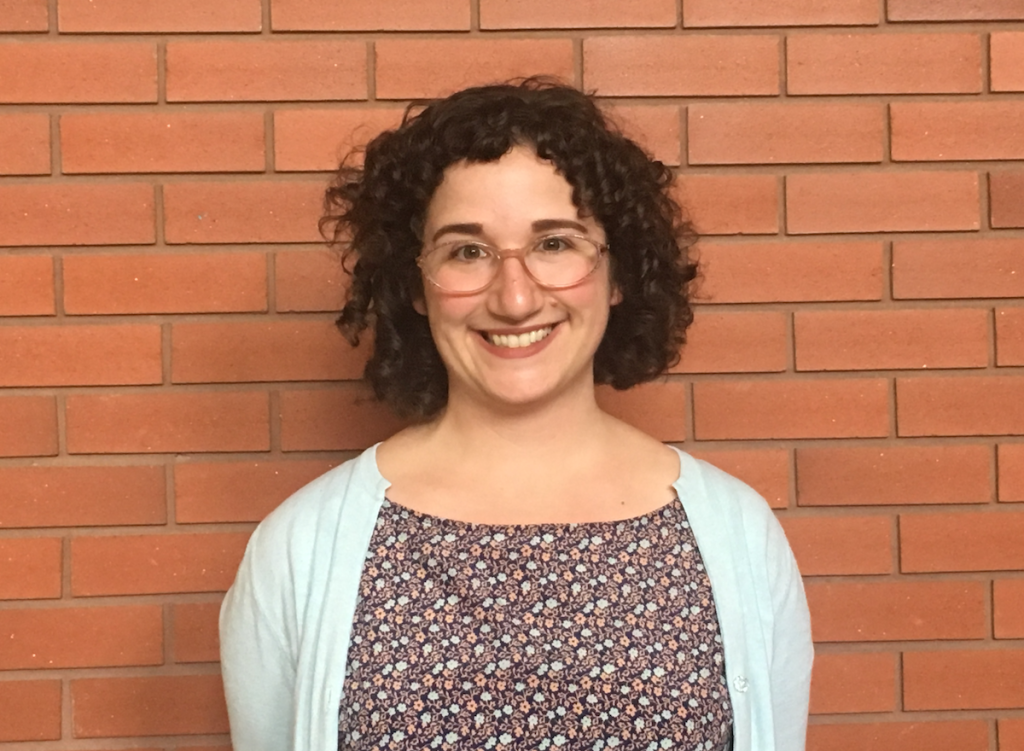Since its launch in 2013, the HCIP grant program has been EHC’s most direct way of equipping heritage practitioners with the tools they need to tell Edmonton’s stories. Through this city’s many evolutions, planned and otherwise, it is the duty of this program to evolve along with it.
As noted by EHC’s Executive Director, David Ridley, in a previous blog post published during the first quarter of 2020, many changes to the program have been in the works for some time and have arisen out of the aims and ambitions of Connections & Exchanges: A 10-Year Plan to Transform Arts and Heritage in Edmonton.
In keeping with the strategic framework provided by Connections & Exchanges as well as the sweeping change COVID-19 has wrought, every stream of HCIP has been updated. While some of these changes are administrative in nature, such as the reduced number of intakes per year (from four to three), these evolutions are also informed by consultation with those who have engaged with our program in various ways. Highlights of changes to each stream are noted below, with updated guidelines and grant forms available at each link.
Community Project Grant EXTENDED deadline: October 2, 2020
Change Capital Project Grant project description deadline: September 30, 2020
Change Capital Project Grant application deadline: October 2, 2020
- In alignment with the Connections & Exchanges action provide change capital to cultural organizations to retool and reorganize to meet the needs of a rapidly changing city, we have introduced the new Change Capital substream.
- We recognize that there is increased pressure on organizations to be sustainable, which cannot be achieved without new monies given that budgets are already stretched to capacity in serving everyday work.
- The previously existing stream, now known as Community Project Grant, will focus on supporting heritage organizations in developing special projects. This aligns with the Connections & Exchanges actions contribute actively to placemaking that includes cultural landscape, natural history, built history, object, language, and story plus partner with public agencies, private citizens, and private sector organizations to celebrate and raise the profile of Edmonton’s historic urban landscapes and sites of conscience.
- Arts organizations are no longer eligible for project funding, except for those undertaking heritage projects with qualified heritage practitioners.
- Tours will no longer be funded through this stream; Edmonton City as Museum Project will offer an alternate avenue for tour support.
- A new Celebrations stream is in development; this will specifically support community events.
Deadline: September 25, 2020
- For the first time ever, program expenses are eligible for consideration under this stream. This will allow recipients to get funding for their work in areas like programming rather than just facility-related costs.
- This change, in alignment with the Connections & Exchanges action research the prospect of programming grants for heritage organizations to enhance development, access, and consistency of heritage programming, is a step toward the future development of a new Programming grant stream.
Deadline: October 2, 2020
- Due to health and safety concerns related to the pandemic, the Travel stream remains suspended.
- Online Learning, first introduced earlier in 2020, will continue to act as a replacement for the Travel stream.
- Safe regional travel (within the province) can be funded through the Project Accelerator Individual Seed Grant.
- This temporary stream aligns with the Connections & Exchanges actions create opportunities for heritage practitioners to explore ideas around emerging local and global practice and connect individuals, groups, and organizations with the people, skills, networks, and resources they need to do high-quality, creative, and innovative heritage work.
Deadline: October 2, 2020
- The two substreams (Digital Heritage Experiences and Individual Seed) introduced in June of this year will remain in place.
- In accordance with public health recommendations, this grant now emphasizes digital experiences to a greater extent, with less need for in-person collaboration.
Once again, in-person submissions will not be accepted, and applicants are encouraged to continue checking the website as guidelines are subject to change. As always, please do not hesitate to email EHC’s Grants Coordinator, Julia Darby, at grants@edmontonheritage.ca or jdarby@edmontonheritage.ca with any feedback, questions, or concerns related to HCIP.
If you would like advice on how to pursue an HCIP grant, I strongly encourage you to get in touch. We are here to help you increase your chance of success. As I recently reminded a community member, grants are a competitive field. An unsuccessful application does not mean your project is unworthy, but merely that you are in good company with other passionate and talented applicants. As the heritage community grows, EHC must grow alongside it and continue to help past applicants become future recipients and heritage practitioners equipped with the tools to do their best work.
Wishing you good health and creativity in your practice and elsewhere,
Sincerely,
Danielle Dolgoy
Programs and Partnerships Manager
